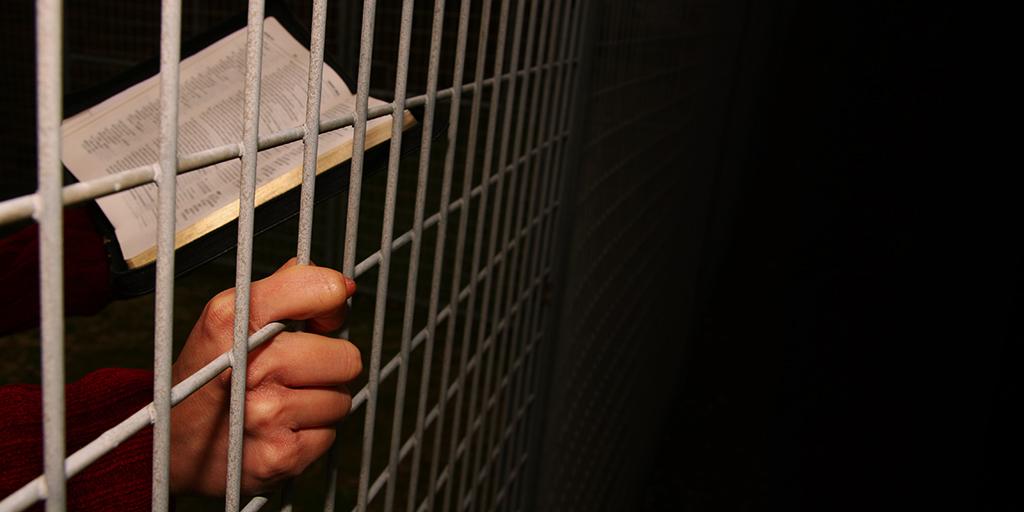
Is a State Religion in Your Future?
Throughout history, many millions of people have lived in nations where a state religion was enforced. Some of these religions have been relatively mild in their influence, while others have been severe. Even today, despite the trend toward secularism, dozens of nations have at least a nominal state religion. Modern generations have grown up during a period of secularism in Western nations, and many may be tempted to think that the country in which they live will never be under a state religion. But such thinking naïvely ignores thousands of years of history, as well as Bible prophecies concerning the end-times.
Ancient empires in Egypt, Persia, Sumer, Greece, and Rome had state religions that considered their rulers as holding absolute authority over the lives of their citizens. In the Roman Empire, one could be executed for refusing to worship the emperor as a god.
From the first to the third centuries Anno Domini (AD), in the Roman Empire, those who called themselves Christian were persecuted. Persecution of Christians began with Emperor Nero in AD 64 and continued heavily under Domitian from AD 90–96, as well as under Decius and Valerian, before reaching a climax under the emperors Diocletian and Galerius. The ten-year period from AD 303–313 is known as the Great Persecution, when many Christians were martyred. There was afterward a complete reversal, the persecuted becoming the persecutors when Christianity became the state religion in AD 380.
Theodosius, Roman Emperor from AD 379–395, issued an edict called Cunctos Populos, also known as the “Edict of Thessalonica.” This edict made what would eventually come to be known as Catholic Christianity the official state religion of the Roman Empire. Those who resisted met a show of force. Pagan practices and places of worship were prohibited (although many traditions and practices based in ancient pagan, Greek, and Roman beliefs would come to be adopted under other guises), and Christians who did not follow the Nicene orthodoxy, such as those who practiced Arianism, were severely suppressed.
For most of the second millennia AD, the Roman Catholic Church practiced inquisitions, handing over to secular authorities those who were regarded as heretics by the Catholic version of Christianity.
In the 1500s, King Henry VIII separated the Church of England from the Roman Catholic Church and made himself the supreme head of what would come to be called Anglicanism. He wielded absolute power, not only suppressing religious dissent but also executing those who resisted. The Act of Succession required all adults to affirm that the king’s marriage to Catherine of Aragon, his first wife, was illegitimate and that his marriage to Anne Boleyn, his second wife, was legitimate, or face imprisonment. Henry’s other actions included transferring ownership of many churches’ holdings to himself.
Into the late twentieth century, Shinto was Japan’s national religion until the end of World War II, with Hirohito as the Emperor who was to be worshiped. Other nations today have Islam as the state religion, which is increasingly intolerant of other religions.
Bible prophecy warns of coming religious persecution by a powerful state and church. Jesus said in the prophecy He gave on the Mount of Olives that “they will deliver you up to tribulation and kill you, and you will be hated by all nations for My name’s sake” (Matthew 24:9). Just as there was widespread persecution in centuries past, Bible prophecies foretell the emergence of a strong empire, influenced by a church, that will soon emerge and dominate the world.
To learn more about this vital topic, request your free copies of Who or What Is the Antichrist?, Revelation: The Mystery Unveiled!, and Fourteen Signs Announcing Christ’s Return. You can call, write, or order them directly from this website.
Stay up to date with our Weekly Digest Email!
Tomorrow's World ComMentary Podcast
Subscribe to Tomorrow's World Commentary podcasts on iTunes and Google Play!



